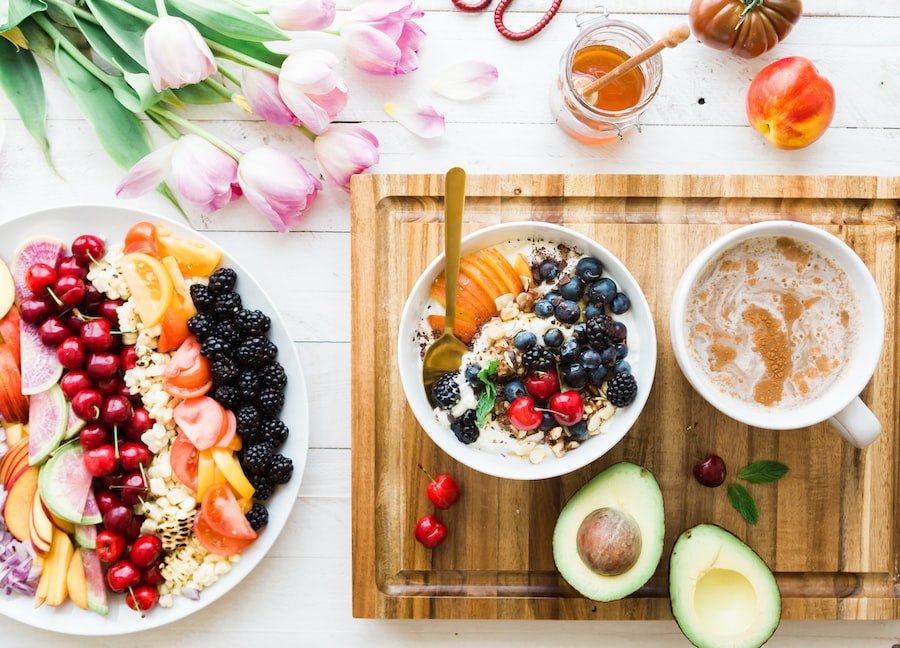

Norwegian Adjectives for Health and Wellness
Adjectives play a crucial role in language, allowing us to provide more detail and specificity in our descriptions. When it comes to health and wellness, adjectives can help us express how we feel physically, mentally, emotionally, and overall. In this article, we will explore the world of Norwegian adjectives for health and wellness. By understanding and using these adjectives, we can better communicate our needs and experiences in Norwegian.
Table of Contents
ToggleKey Takeaways
- Norwegian adjectives are important for describing health and wellness in a nuanced way.
- Physical health adjectives in Norwegian include “sterk” (strong) and “sunn” (healthy).
- Mental health adjectives in Norwegian include “lykkelig” (happy) and “avslappet” (relaxed).
- Adjectives for a balanced lifestyle in Norwegian include “aktiv” (active) and “moderat” (moderate).
- Positive Norwegian adjectives for overall wellbeing include “frisk” (fresh) and “energisk” (energetic).
The Importance of Adjectives in Describing Health and Wellness
Adjectives are words that describe or modify nouns. In the context of health and wellness, adjectives can provide more depth and clarity to our descriptions. For example, instead of simply saying “I feel good,” we can use adjectives to express how we feel physically, mentally, emotionally, and overall.
Using adjectives allows us to paint a more vivid picture of our health and wellness. It helps us communicate our experiences more accurately and effectively. Adjectives can also help us identify areas that need improvement or attention. By using specific adjectives, we can better understand our own needs and seek appropriate support or resources.
Common Norwegian Adjectives for Physical Health
When it comes to describing physical health in Norwegian, there are several common adjectives that can be used. Some examples include:
– Frisk (healthy)
– Syk (sick)
– Sliten (tired)
– Energisk (energetic)
– Sterk (strong)
– Svak (weak)
These adjectives can be used in various contexts to describe physical health. For example, “Jeg føler meg frisk” means “I feel healthy,” while “Jeg er syk” means “I am sick.” By using these adjectives, we can accurately convey our physical state in Norwegian.
Norwegian Adjectives for Mental Health and Wellbeing
| Adjective | Translation | Meaning |
|---|---|---|
| Lykkelig | Happy | Feeling or showing pleasure or contentment |
| Takknemlig | Grateful | Feeling or showing an appreciation of kindness; thankful |
| Ro | Peace | A state or period in which there is no war or a war has ended |
| Trygg | Safe | Protected from or not exposed to danger or risk; not likely to be harmed or lost |
| Avslappet | Relaxed | Free from tension and anxiety; at ease |
Mental health is just as important as physical health, and Norwegian has a range of adjectives to describe mental health and wellbeing. Some common adjectives include:
– Lykkelig (happy)
– Trist (sad)
– Stresset (stressed)
– Rolig (calm)
– Angstfull (anxious)
– Motivert (motivated)
These adjectives can be used to express our mental state and emotions. For example, “Jeg føler meg lykkelig” means “I feel happy,” while “Jeg er stresset” means “I am stressed.” By using these adjectives, we can better communicate our mental health and wellbeing in Norwegian.
Adjectives for a Balanced Lifestyle in Norwegian
Maintaining a balanced lifestyle is essential for overall health and wellness. Norwegian has several adjectives that can be used to describe a balanced lifestyle. Some examples include:
– Balansert (balanced)
– Aktiv (active)
– Avslappet (relaxed)
– Sunn (healthy)
– Moderat (moderate)
– Variert (varied)
These adjectives can be used to describe our daily routines and habits. For example, “Jeg har en balansert livsstil” means “I have a balanced lifestyle,” while “Jeg er aktiv” means “I am active.” By using these adjectives, we can convey our commitment to a healthy and balanced lifestyle in Norwegian.
Using Norwegian Adjectives to Describe Emotional Health

Emotional health is an important aspect of overall wellbeing, and Norwegian has a range of adjectives to describe emotional health. Some common adjectives include:
– Glad (glad/happy)
– Lei seg (sad)
– Sint (angry)
– Fornøyd (satisfied/content)
– Urolig (restless)
– Trygg (secure)
These adjectives can be used to express our emotions and emotional state. For example, “Jeg føler meg glad” means “I feel happy,” while “Jeg er lei seg” means “I am sad.” By using these adjectives, we can better communicate our emotional health in Norwegian.
Positive Norwegian Adjectives for Overall Wellbeing
When it comes to describing overall wellbeing, Norwegian has a range of positive adjectives that can be used. Some examples include:
– Velvære (wellbeing)
– Harmonisk (harmonious)
– Tilfreds (satisfied/content)
– Optimistisk (optimistic)
– Livsglede (joy of life)
– Balansert (balanced)
These adjectives can be used to describe our overall state of being and satisfaction with life. For example, “Jeg har god velvære” means “I have good wellbeing,” while “Jeg er harmonisk” means “I am harmonious.” By using these adjectives, we can convey our overall sense of wellbeing in Norwegian.
Negative Norwegian Adjectives for Poor Health and Wellness
On the other hand, there are also negative adjectives in Norwegian that can be used to describe poor health and wellness. Some examples include:
– Uvel (unwell)
– Slapp (weak/tired)
– Stresset (stressed)
– Deprimert (depressed)
– Ubalansert (unbalanced)
– Ulykkelig (unhappy)
These adjectives can be used to express our dissatisfaction or discomfort with our health and wellness. For example, “Jeg føler meg uvel” means “I feel unwell,” while “Jeg er deprimert” means “I am depressed.” By using these adjectives, we can accurately convey our struggles with health and wellness in Norwegian.
Describing Personal Health and Wellness in Norwegian
To describe our personal health and wellness in Norwegian, we can combine the adjectives mentioned above with personal pronouns and verbs. For example:
– Jeg føler meg frisk og lykkelig. (I feel healthy and happy.)
– Han er stresset og urolig. (He is stressed and restless.)
– Vi har en balansert livsstil og er tilfreds. (We have a balanced lifestyle and are content.)
By using these sentence structures, we can effectively communicate our personal health and wellness in Norwegian.
Learning and Using Norwegian Adjectives for Self-Care and Self-Improvement
To learn and use Norwegian adjectives for self-care and self-improvement, it is helpful to practice incorporating them into daily routines and goal-setting. For example, you can set goals such as “Jeg vil være mer aktiv” (I want to be more active) or “Jeg vil være mer avslappet” (I want to be more relaxed). By using these adjectives, you can track your progress and celebrate your achievements.
It is also beneficial to incorporate these adjectives into self-care practices. For example, you can create a self-care routine that includes activities such as “å meditere” (to meditate), “å trene” (to exercise), or “å lese en bok” (to read a book). By using these adjectives, you can prioritize your health and wellbeing in Norwegian.
In conclusion, adjectives play a crucial role in describing health and wellness in Norwegian. By understanding and using these adjectives, we can better communicate our needs, experiences, and goals. Whether it is describing physical health, mental health, emotional health, or overall wellbeing, adjectives provide us with the tools to express ourselves accurately and effectively. So let’s continue learning and using Norwegian adjectives for self-care and self-improvement, as they are essential for our overall health and wellbeing.
If you want to learn Norwegian, you can register for classes here. We look forward to hearing from you and helping you become fluent in Norwegian.





